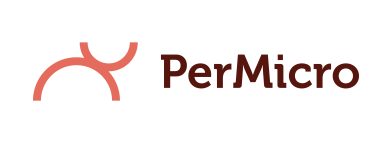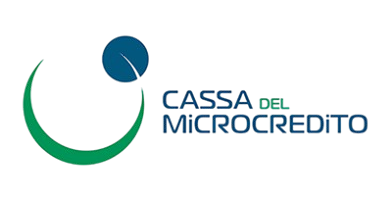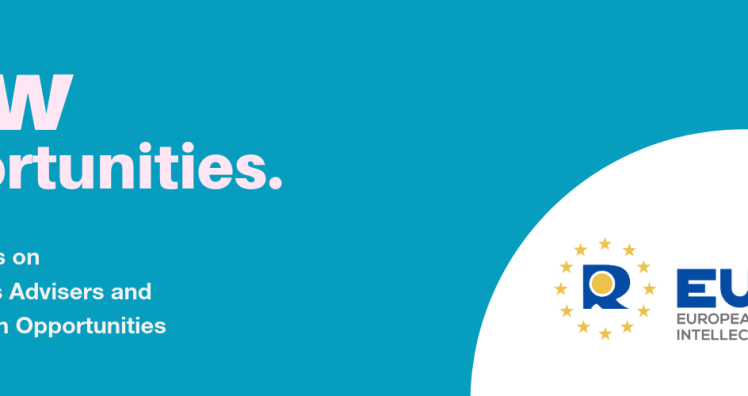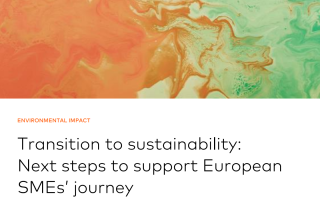THE VOICE
MICROFINANCE
We promote microfinance as a tool to overcome social and financial exclusion.
EMN
Conference 2025
Join us in Sardinia, Italy, from 15-17 October 2025, for insightful discussions and networking.
Resilience
Financial Health
Supporting vulnerable entrepreneurs through economic challenges.
European
DAY 2025
Highlighting the impact of microfinance on social and economic inclusion since 2014.
Peer-to-Peer
visits
Exclusive for EMN members to explore best practices and deepen expertise on key themes
Latest opportunities
MICROFINANCE
Discover open calls for proposals, applications, and expressions of interest in the microfinance sector
Shaping the future of microfinance
Our work
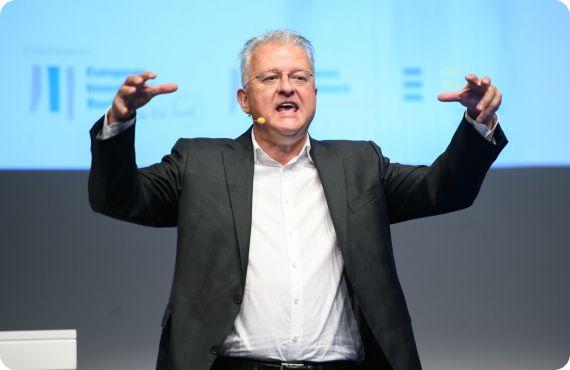
Advocacy
The development of microfinance in Europe has encountered many legal and political obstacles. It is therefore important that the European Microfinance Network be strongly involved in advocacy on a wide range of issues related to microfinance, micro-enterprises, social and financial exclusion, self-employment and employment creation.

Knowledge Exchange
The peer-to-peer exchange visits, exclusively intended for EMN members, provide each EMN member with the opportunity to visit another member on a specific theme, in order to deepen the understanding of their work, to encourage exchange of good practices and to develop expertise. These bilateral exchanges, tailor-made to members’ needs and expectations, also facilitate cooperation and collaboration between EMN members.

Research
The development of microfinance in Europe has encountered many legal and political obstacles. It is therefore important that the European Microfinance Network be strongly involved in advocacy on a wide range of issues related to microfinance, micro-enterprises, social and financial exclusion, self-employment and employment creation.
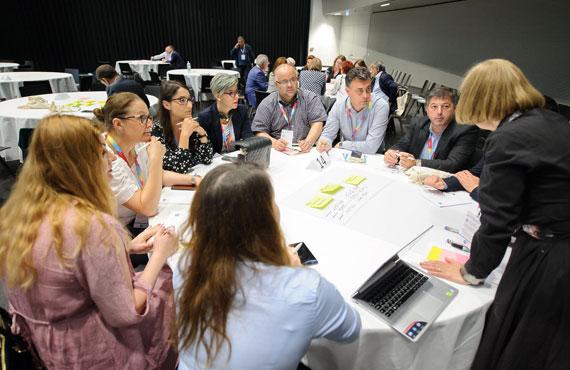
Working Groups
EMN organises Working Groups to strengthen the involvement of its members in the Network. The activities carried out by the different Working Groups are very diverse: organisation of workshops, elaboration of research papers, publications, creation of new tools for microfinance management, etc.
Discover who we are
About us
European Microfinance Network is an NGO that connects microfinance institutions, social finance organizations, and other stakeholders throughout Europe (EU and candidate countries). Since 2003, with the help of members from EU countries and candidate countries, EMN has played an important role in cultivating collaboration, encouraging innovation, and knowledge sharing across the microfinance ecosystem. We partner with EU institutions like the EIF and EIB, as well as corporations, to implement projects across Europe. EMN, together with other partners, also developed the Code of Good Conduct to ensure high standards in microfinance operations and protect clients’ interests.
Stay updated with our latest happenings
Upcoming Events
The future of microfinance is stronger together
Our network
We are proud to have 95 members from 23 countries, including EU and candidate countries. Among these, 27 organizations follow the Code of Good Conduct, showcasing their dedication to high standards in microfinance. Inside EMN there are 11 national networks that are focused on advocating for microfinance as a tool for overcoming social and financial exclusion. Inside of EMN members are collaborating across regions in project consortia and also establish partnerships between themselves for developing dedicated financial products.
EMN amplifies its support for its members through partnerships with companies offering tailored value, enabling the creation of customized events and services. Members also receive assistance from EMN in applying for SIFTA technical support, organizing study visits, and obtaining the COGC. Additionally, EMN offers its support and knowledge to members in conducting research on specific needs, like impact assessments, ensuring they are well-equipped to thrive in the evolving microfinance landscape.
Explore our latest news
Latest news
The EUIPO – European Union Intellectual Property Office is offering two online training opportunities: one focused on IP for Business Advisers and the other on IP Monetisation Opportunities. You can find more information at the links below.
We are excited to announce that UNESCO and EMN have joined forces to develop innovative resource mobilization mechanisms for the benefit of UNESCO-designated sites and programs.
The goals of this collaboration include:
- Mobilizing Funding: Attract public and private funding to support communities associated with UNESCO-designated sites and programs.
- Developing a Sustainable Investment Ecosystem: Create a network of stakeholders dedicated to establishing sustainable investment mechanisms for entrepreneurs within UNESCO-designated sites and programs.
- Supporting Business Development: Offer assistance in developing viable business plans for entrepreneurs in UNESCO-designated sites and programs.
- Recognizing and Sharing Local Knowledge: Conduct competency mapping to identify the skills and expertise of community members within UNESCO-designated sites and programs, facilitating knowledge exchange both within and outside the networks.
- Assisting MEN Member Institutions: Help member institutions expand services that enhance entrepreneurs’ resilience to climate change and prevent biodiversity loss. This includes providing both financial and non-financial support, as well as implementing risk management and environmental strategies.
- Facilitating Funding Initiatives: Promote funding opportunities for communities living in or around UNESCO-designated sites and programs, particularly those affected by natural disasters due to climate change.
- Raising Awareness: Inform the member community about the latest trends in sustainable farming and explore how these practices can be integrated with microloans and impact investing.
We look forward to sharing more updates with you soon.
We are delighted to announce that during the recent EMN General Assembly held in Cagliari on October 16th, we officially established a partnership with the European Union Intellectual Property Office (EUIPO).
This partnership aims to foster cooperation among financial stakeholders to improve access to finance for SMEs and start-ups. By enabling these enterprises to leverage their intellectual property (IP) as a tangible asset in financial and investment processes, we align with the EUIPO’s strategic approach.
Our collaboration will focus on the following key areas:
- Capacity Building: EMN and EUIPO will collaborate to develop initiatives that strengthen the capacity of Microfinance Institutions (MFIs) to recognize and value Intellectual Property Rights (IPRs) as part of the financial due diligence process.
- Awareness-Raising Activities: We will work together to raise awareness among European SMEs about the importance of protecting and managing their intangible assets.
- Exchange of Data and Information: EMN and EUIPO will promote the exchange of relevant knowledge, non-confidential data, and insights to better understand the specific needs and challenges that MFIs face regarding IPRs.
- Participation in Workshops and Events: We will encourage mutual participation in conferences, forums, and other relevant platforms.
EMN looks forward to collaborating with EUIPO to enhance support and services for SMEs.
The European Commission and the European Investment Bank (EIB) are organising the sixth edition of our flagship FI Campus 2025 event on 25, 26 and 27 November 2025 in Brussels, Belgium (in person only).
The event will also celebrate the 10th anniversary of fi-compass and our community of financial instrument practitioners.
FI Campus 2025 will cover key topics, reflecting on past developments and future directions in shared management financial instruments, including:
- Ten years of fi-compass and the evolution of financial instruments;
- Pioneers of financial instrument, their achievements and impact from the frontlines;
- The future of Cohesion Policy beyond 2027 and the next CPR;
- Innovative financial instrument solutions for a competitive future.
- Financial instruments for sustainable and affordable housing.
Build your own FI Campus 2025 agenda on Day 3 by participating in parallel sessions:
- ESF+ financial instruments for Social Economy in action;
- New equity case studies (Romania, Sweden, Saxony);
- Savings and Investments Union (SIU) to enhance financial opportunities;
- Scale-up energy efficiency;
- Communication and visibility for financial instruments;
- Creating synergies for financing of migrant integration projects;
- Financing Greentech: the role of equity, innovation and the clean industrial transition;
- Urban development.
Explore our latest publications, reports, and insightful studies
Latest publications
Regulatory reports serve as fact sheets that offer an overview of the legislative frameworks related to microcredit provision in Europe by non-bank financial intermediaries.
These reports address several key thematic areas:
- Regulation of lending activities
- Supervisory frameworks for non-bank lending
- Products, incentives, and support
- Development of the existing framework for non-bank microcredit provision
- Inclusive entrepreneurship and microenterprise development
The information in the reports is sourced from contributions made by EMN members operating in various countries. The current report has been updated as of November 2025.
Regulatory reports
This focus paper explores the growing cybersecurity challenges facing Europe’s Micro and Small Enterprises (MSEs), which play a vital role in economic growth but are increasingly vulnerable due to rapid digitalisation and limited resources. While digital transformation has helped MSEs remain competitive (particularly during crises such as the COVID-19 pandemic) it has also exposed them to a broad spectrum of cyber threats, including ransomware, phishing, malware, DDoS attacks, and supply chain breaches. These threats are intensified by a lack of cybersecurity expertise, dependence on costly or ill-suited technology solutions, and constrained budgets, all of which can result in significant operational and financial consequences.
The paper underscores the urgent need for comprehensive policy measures and targeted support from EU authorities and National Coordination Centres (NCCs). It recommends expanding access to practical training, increasing funding, and developing user-friendly cybersecurity tools to foster a strong cybersecurity culture and safeguard both individual businesses and the broader digital ecosystem.
Papers
This paper focuses on the role of micro and small enterprises (MSEs) in the EU’s environmental transition. It considers the obstacles they face and possible solutions to ensure a sustainable and prosperous transition. MSEs represent a significant proportion of EU businesses, micro enterprises alone accounted for 93.6% of all European enterprises in 2023, employing nearly half of the enterprise workforce. Despite their size, MSEs are responsible for a considerable proportion of environmental impact. According to OECD data, they contribute to 40% of greenhouse gas emissions in general, and half of industrial pollution.
While a growing number of MSEs are committed to improving sustainability, only 42% are implementing at least five resource efficiency measures, such as saving energy and minimising waste. Access to finance remains a critical barrier: 55% of SMEs cite it as a substantial obstacle, and 70%
indicate a need for additional financial support to accelerate their green transition. To address these challenges, the paper recommends (1) to increase MSEs’ awareness and knowledge of support schemes and technical expertise, (2) to simplify regulatory and reporting requirements and (3) to improve financial support through targeted financial instruments and incentives.
The paper highlights the importance of a tailored support tool, such as a one-stop-shop platform, to provide MSEs with the necessary resources and facilitate their transition to a more sustainable model.
Papers
Join our community and contribute to financial inclusion
Join the community
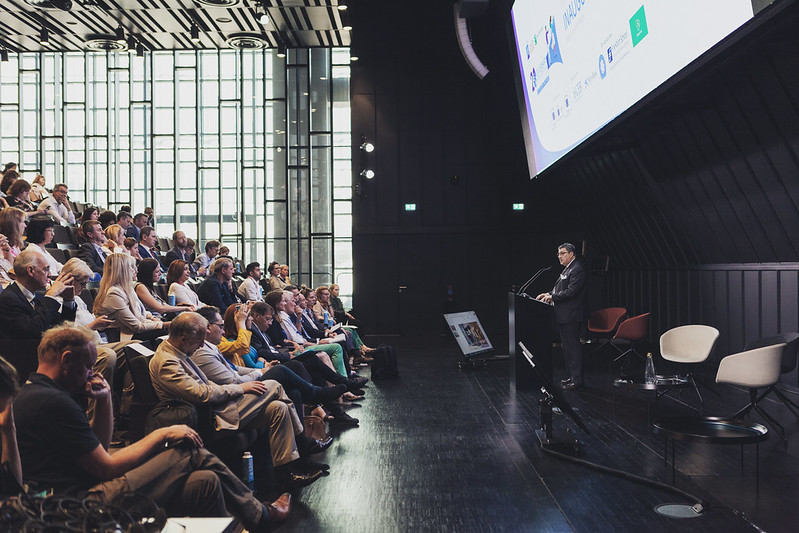
Conference discount
Access to personalized solutions
EU policy involvement
Advocacy involvement
Early access to EU consortiums
First-hand policy news
Expand professional connections
Access to microfinance investors
Brand leverage






